
- Want a ticket worth up to $500 for free?
- Submit your answer by April 30th for a chance to win.
What is it like to travel around the world as a black person? There is no one particular answer to that question, but for this article, I've decided to share the positive side of my experience.
4min
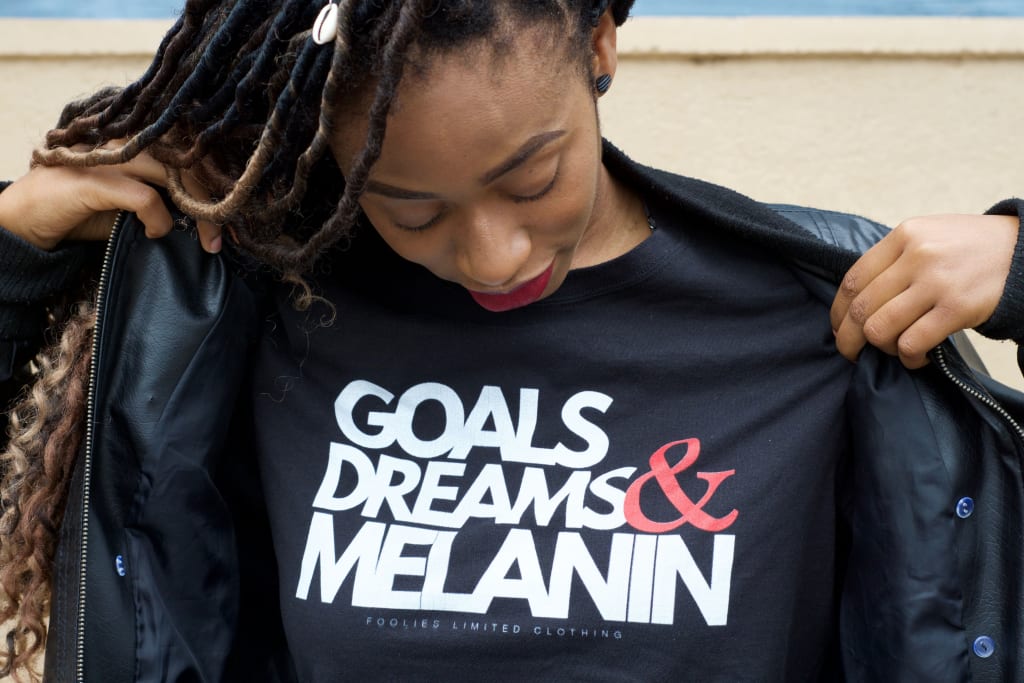
Travel belongs to everyone and should be intersectional.
The black travel movement is growing and black travel groups are on the rise. Being a black traveler can feel like being a celebrity in a foreign country or it can feel like being a penny in a sea full of dimes. But, in my opinion, being a black traveler can be more entertaining than worrisome.
What is it like to travel around the world as a black person? There is no one particular answer to that question, but for this article, I've decided to share the positive side of my experience.
So without further ado, here are 4 things that black travelers can expect when traveling abroad.
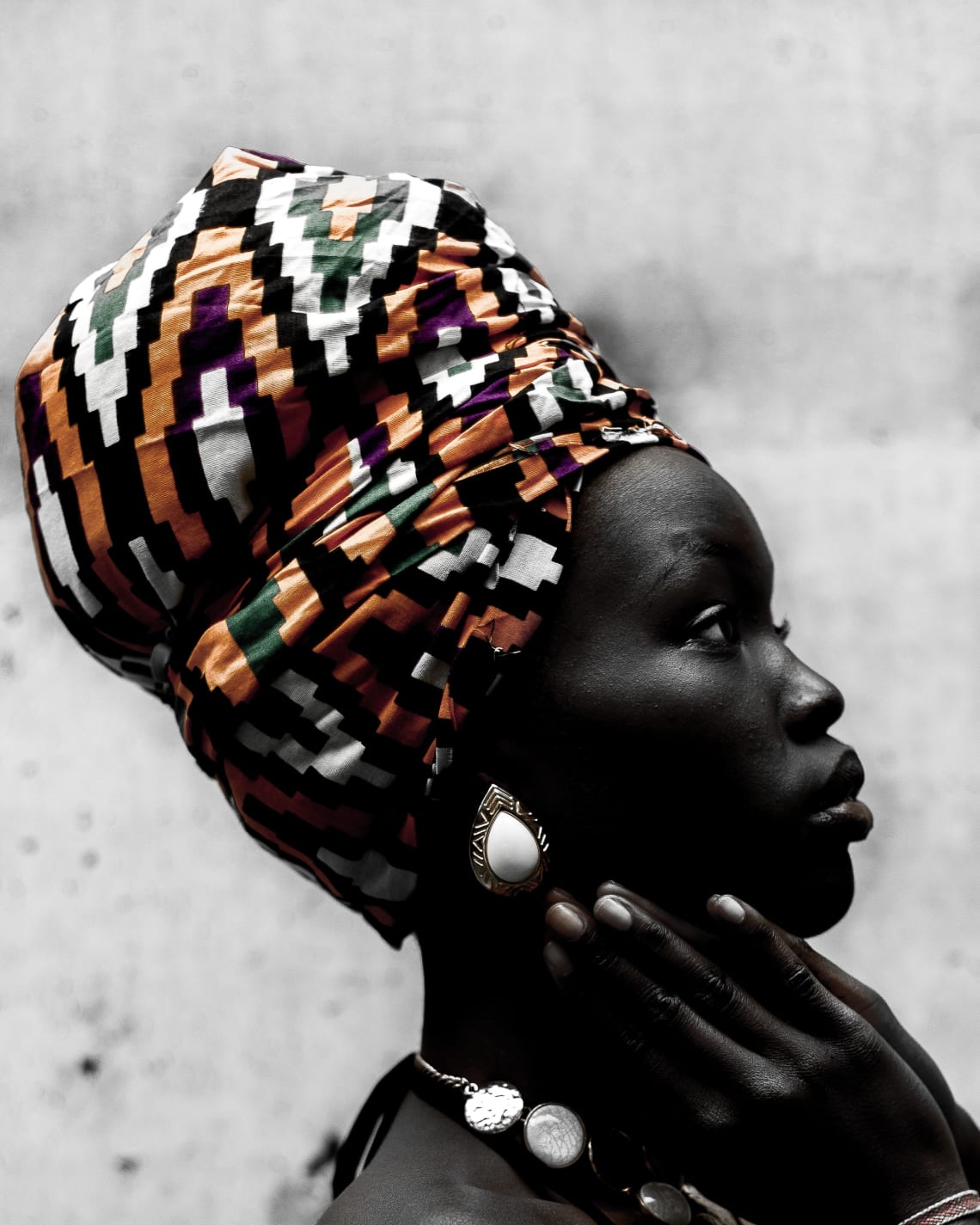
While waiting for my tour group in a local mall in Moscow, I stopped by the cafeteria to get something to eat. I couldn't sit down for more than a couple of seconds before I caught a group of guys staring at me from across the cafeteria. It was as if they had never seen a black person before. It was like the color of my skin had turned me into an alien living on a foreign planet.
At first, it felt weird but after five minutes of feeling like the center of attention, I decided to wave at them. I didn't take their staring as an insult. I mean, if I had never seen a white person before, I would probably be fascinated as well.
And it didn't stop there.
While traveling around Egypt, I have also been stopped by locals who wanted to take pictures with me.
"Michelle Obama!" one yelled.
Me? They think I’m Michelle Obama?
I didn't know if I felt more flattered by being thought of as a former first lady than stunned that these locals had no idea who Michelle Obama looked like. I didn't even have a security team!
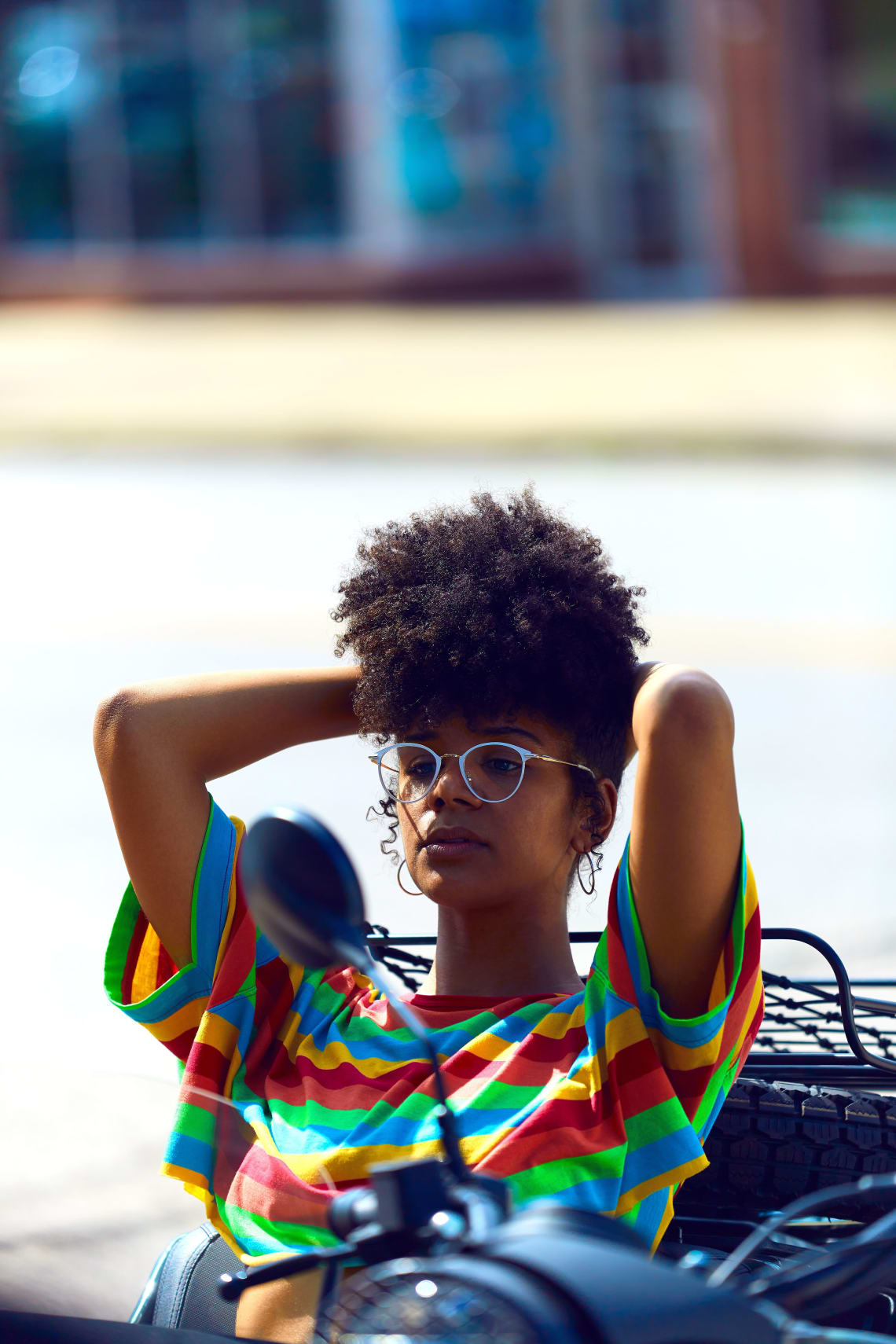
One thing that a black traveler must get used to is the fascination that other races have with "black hair."
A black woman's hair is so unique because it is forever changing. Some black women have afros. Some black women have braids with extensions. This intrigues locals so much because, unless they are from parts of Africa that understand "black hair", they have never seen anything like it.
When I wore my braids (with extensions) to Peru, local women would not stop asking me about them.
"Is this yarn?" said one woman.
"How did you put this in your hair?" said another.
They could obviously tell that it wasn't hair that grew from my scalp but they were fascinated by it. They wanted to touch it and play with my braids. I wasn't offended by it. Instead, I put myself in their shoes. If I were them, I’d be curious about my hair, too.
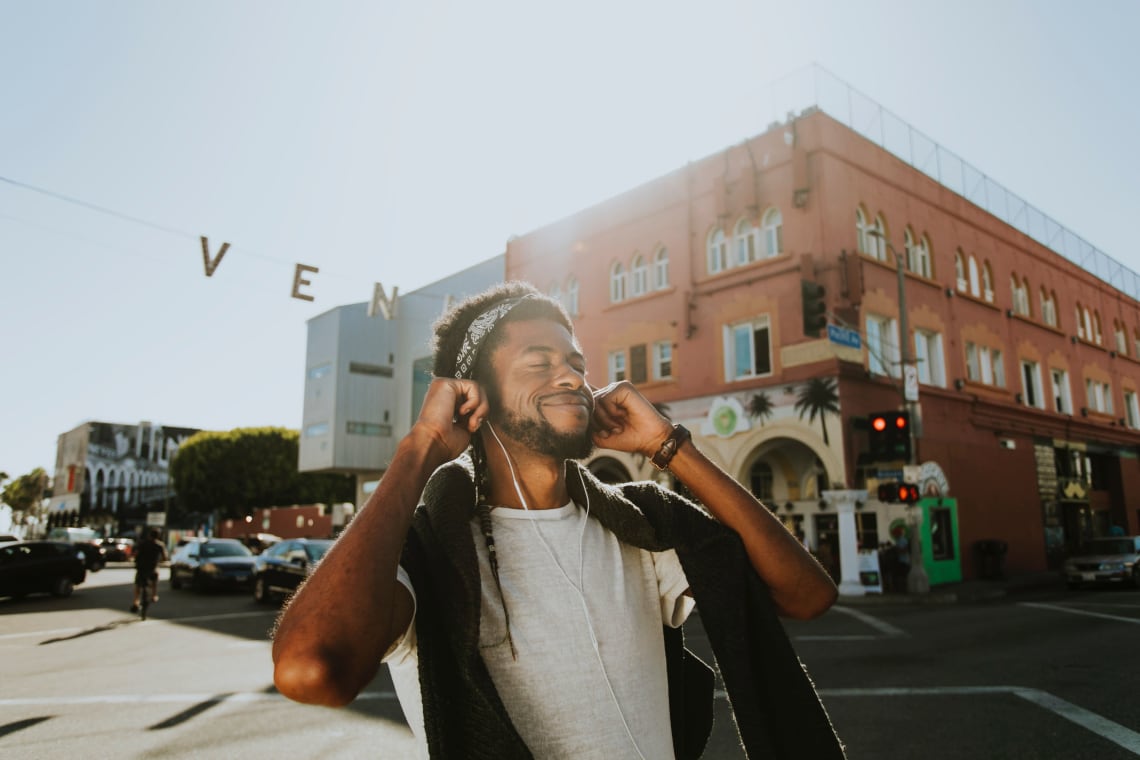
I remember visiting an essence shop in Cairo where the owner of the shop gave me ten percent off my purchase. When I asked him what the ten percent off was for, he said, “Because you are my sister,” and winked. Nobody else in my tour group had gotten the discount except me. I felt special.
A couple of Aussies that I've met on my journeys have bought me drinks just to find out what it's like being a black traveler from America. I do admit, some parts of America still are not welcoming towards black travelers but there are plenty of cities that are.
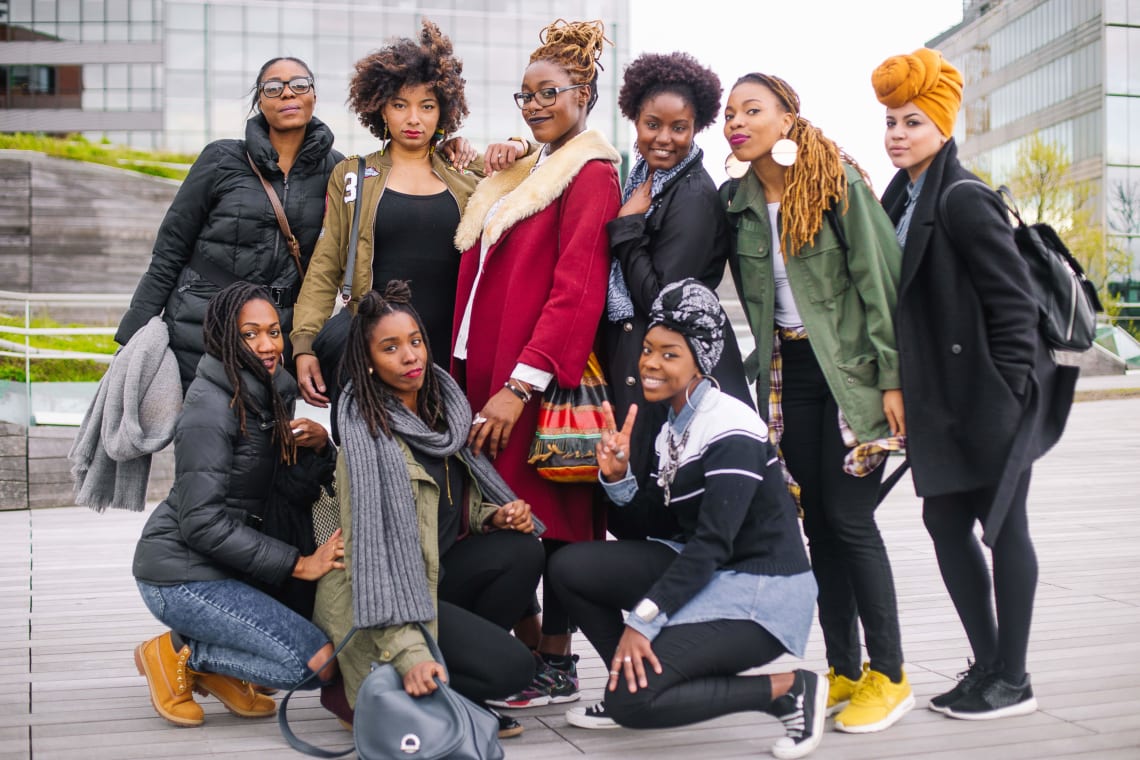
Although it can feel a little bit isolating to be abroad as a black traveler, it is a surprising and warm moment when you finally come across another traveler of the black community.
When I was in Moscow, I didn't expect to find black people there. Russia, especially, is really not a tourist destination for black people but as I was passing a nearby hotel, I saw a guy who looked like he could be my brother. Just seeing someone who has the same complexion as you, makes it feel like you both have an instant bond. It gives you enough of a reason to wave hello, give a guy a fist bump or simply strike up a conversation.
Surprisingly, on my trip to Egypt, I also felt isolated. The population in Egypt is mostly Arab and although there are some Nubian women with darker complexions, it still didn't feel the same as being around black people from my country. So when I finally saw two black women taking pictures in front of Abu Simbel, it became another instant connection.
We all wanted to know how the heck we each ended up here in the middle of Egypt. They were from Atlanta and I am from New York but, within minutes, it felt like we had created a sisterhood... a sisterhood that my other travel mates could never be a part of or understand.
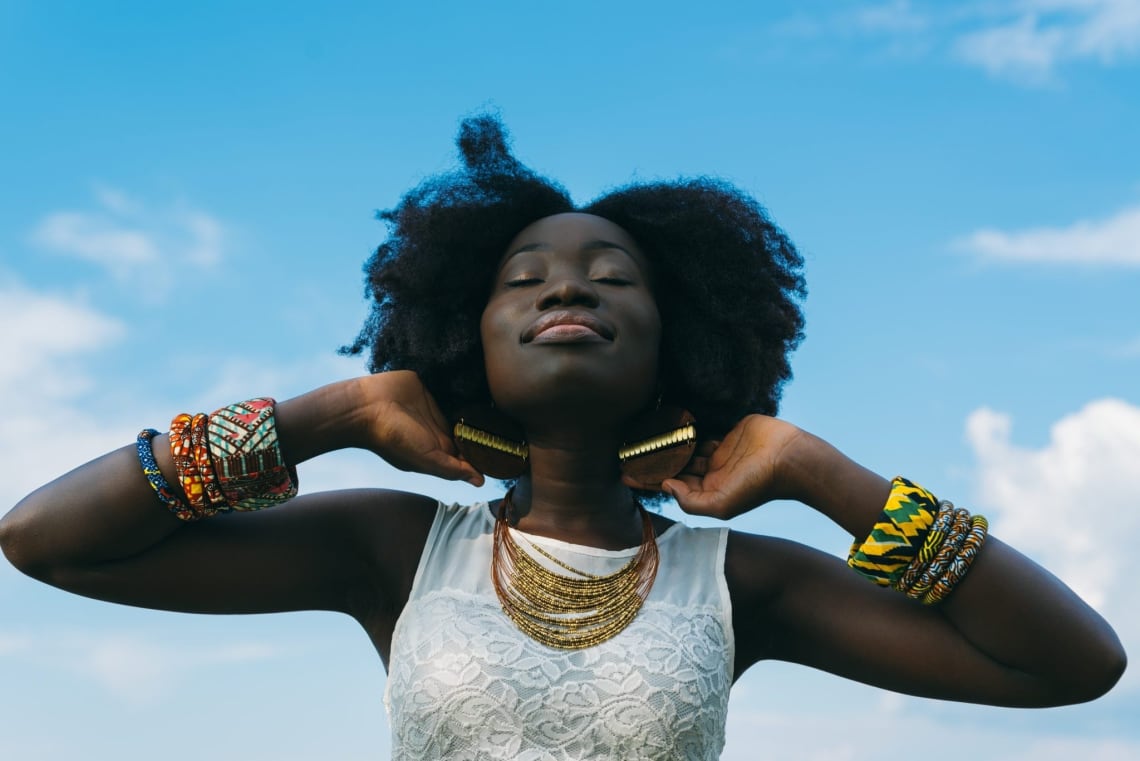
So if you are a part of the black community who is contemplating whether you should visit a certain part of the world, if you haven’t guessed what my advice would be already, just GO FOR IT.
It may feel weird to, at first, feel the isolation of being around locals who look nothing like you but the more you travel, the more you get accustomed to the "movie star" treatment.
Each of us was placed on this earth to be different and that's why we need more black travelers. As more and more black travelers visit foreign countries, we can further educate the locals of that area. We can show them that although our complexions might be different, we are otherwise so much the same! This will create a better experience for black travelers to come.
Travel belongs to everyone and should be intersectional.
If you're part of the global travel community, it's important to ask yourself how you can be more inclusive and supportive of diversity and do your part to make travel welcoming and accessible to all.
Write here your questions and greetings to the author
first_name_1068780
Apr 24, 2019
Hi Nicole, thank you for writing this article and sharing your insights with us on Worldpackers. As a non-black POC, I hear you about making travel respectful and accesible to everyone, especially to black communities.
Leah
Sep 27, 2019
Thank you for writing about this
Sharleen
May 01, 2020
This is very encouraging to us as women of color. Thank you
T
May 31, 2021
Hello,
This was such a great read. I definitely agree with you about the admiration a black woman feels when traveling abroad. Last year, my son and I visited Tulum, Mexico. While there, women and men were staring at me. They would make a gesture to inform me that they loved the color of my skin.
Kenneth
Apr 11, 2023
Very informative